“Kidlit” – The Debate Continues
The other day I celebrated my blog’s fifth birthday and folks were kind enough to lend me some happy wishes. Over the next day or two, though, I started hearing odd murmurs about something I’d mentioned off-hand. You see, as part of the piece I linked to my very first blog post. That post uses the term “kidlit” at one point. As such, I followed up the selection by mentioning:
And I learned fairly fast not to use the term “kiddie lit” or even “kid lit” ever again.
Okay. Not technically true. After all, we don’t call them Literary Youth Drinking Engagements here in town. We call ’em Kidlit Drink Nights. So I do use the word once in a while for sport.
ADVERTISEMENT
ADVERTISEMENT
But why would I say that I learned fairly fast not to use the term in the first place? Well, let’s put this into a bit of context. The term “kidlit” has two uses at this point in time. Historically, in the academic field the term “kid lit” or “kiddie lit” is seen as a derogatory term. It tends to be used when someone wishes to downplay the importance of the genre. Calling the books “juvenile” is very much the same. As such, professors and academics of children’s literature have eschewed the term and are sometimes quite hostile to it. You would be too if your colleagues kept asking you why you didn’t dedicate your life to “real” literature. It’s the same problem children’s and YA authors face when their friends ask them when they’re going to start writing “real” (a.k.a. adult) books.
Fast forward in time and the children’s literary bloggers show up. They haven’t been writing articles for Children’s Literature in Education for years on end and are entirely unaware of this perception of the word. As such, they notice that it is a nice succinct term. “Kidlit”. Two syllables. Easy to blog. Easy to tweet. “Kiddie Lit” is sometimes used, but I think you can see the problems with any term that uses the word “kiddie” in it.
Knowing all this as I do, why do I call my drink nights Kidlit Drink Nights? Rolls off the tongue nicely. Also, my contacts in the academic field are few and far between. Obviously if I were to present a paper at the Children’s Literature Association Conference I would keep from using the term, but since it’s now been embraced by a new community of readers I see no problems in using it judiciously. Just so long as its used in the right context at the right time.
On the Yahoo Kidlitosphere Group the discussion took off with lots of varying opinions. Many good points were made. Yet I think I was most taken by this note by one particular commenter (whose name I shall withhold, if only because she didn’t give me permission to use it here, but I still think she makes an incredibly valid point):
Do I think that “kid lit” can be recovered from its use as an insult? Yes.
But I think when discussing this, please remember, the dismissing of the
field of children’s literature and children’s books means this is the term
used, in a dismissive manner, for years & years when:Universities don’t include Children’s Literature as a field of study, for
bachelors, masters, doctoratesChildren’s Lit courses are included only in classes for people who will be
teachers, not as part of the English departmentStudents are advised not to concentrate in this area
Tenure and hiring decisions are made based the specialty being “kid lit”
Mainstream media does not cover children’s books with the same depth or
frequency as adult booksChildren’s books are viewed not as literature but as means to
teach/indoctrinate childrenOh, and outside MFA’s that specialize in this area (Vermont, for instance),
the treatment of those who want to write for children in writing
courses/programs
I couldn’t have put it better. In response Anastasia Suen suggests that using the hashtag #bfyr (Books for Younger Readers) might be preferable to #kidlit. Maybe so. All I know is that it’s good to have a feel for the history of a term if you’re going to embrace it fully. Kidlit has come into its own over the years, but it’s always a good idea just to know where it previously resided before we ambled along and made it ours.
Note: For more on this topic be sure to listen to the Katie Davis podcast. It covers this debate (ain’t she timely?) and gets thoughts from other folks as well.
Filed under: Uncategorized
About Betsy Bird
Betsy Bird is currently the Collection Development Manager of the Evanston Public Library system and a former Materials Specialist for New York Public Library. She has served on Newbery, written for Horn Book, and has done other lovely little things that she'd love to tell you about but that she's sure you'd find more interesting to hear of in person. Her opinions are her own and do not reflect those of EPL, SLJ, or any of the other acronyms you might be able to name. Follow her on Twitter: @fuseeight.
ADVERTISEMENT
ADVERTISEMENT
SLJ Blog Network
2024 Books from Pura Belpré Winners
Winnie-The-Pooh | Review
Parsing Religion in Public Schools
Finding My Own Team Canteen, a cover reveal and guest post by Amalie Jahn
ADVERTISEMENT



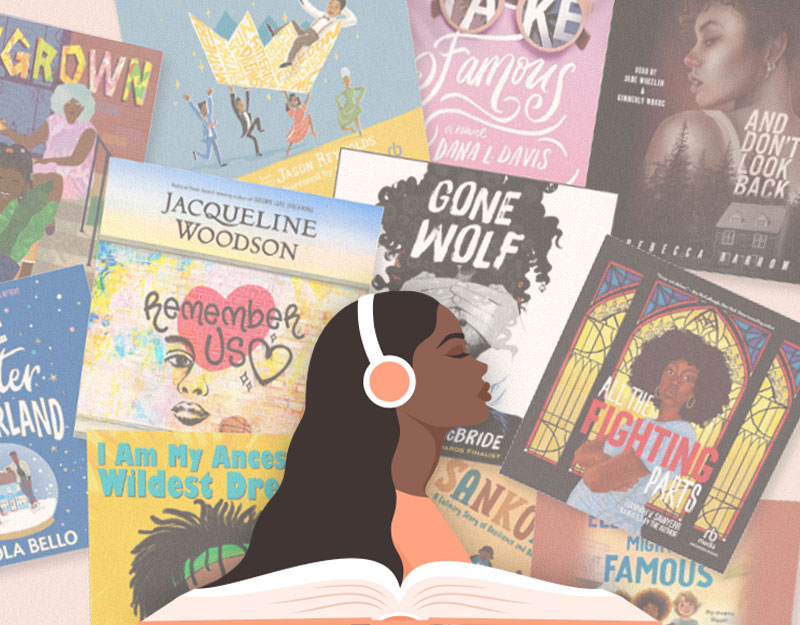
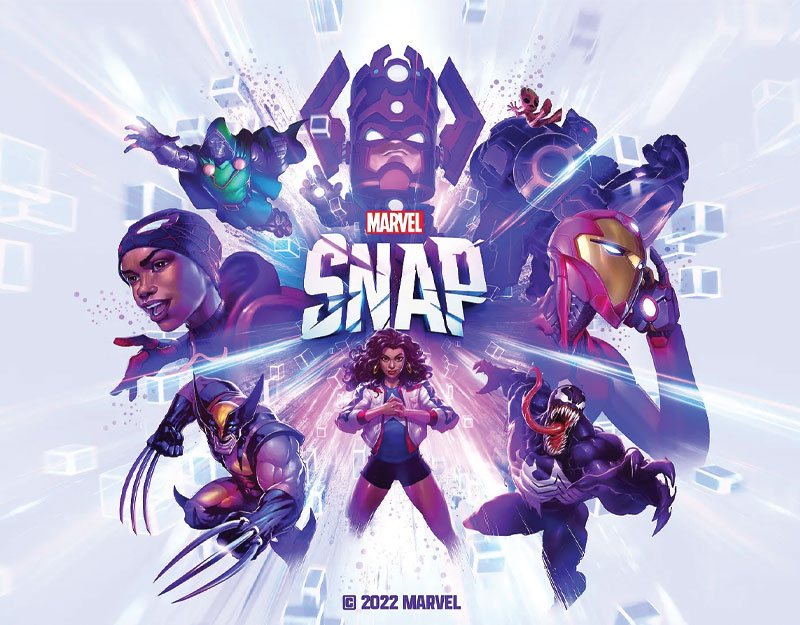
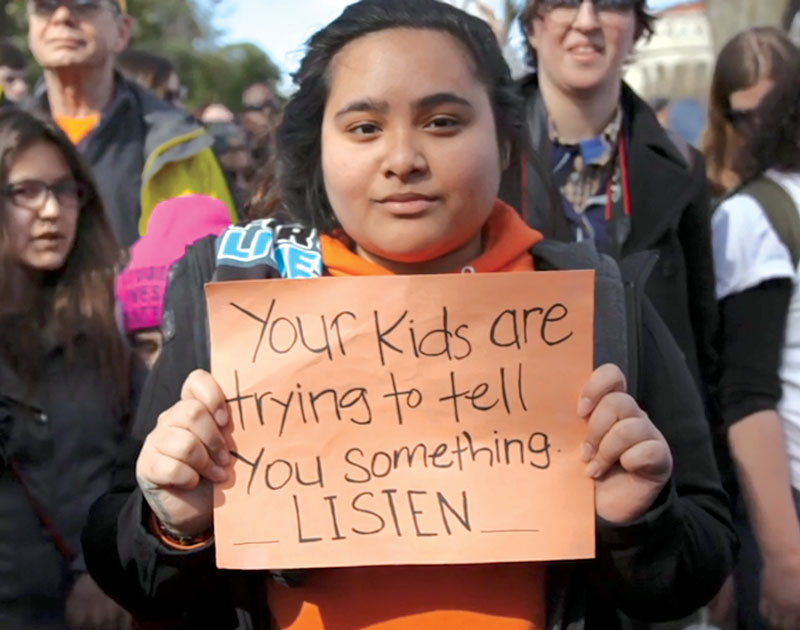
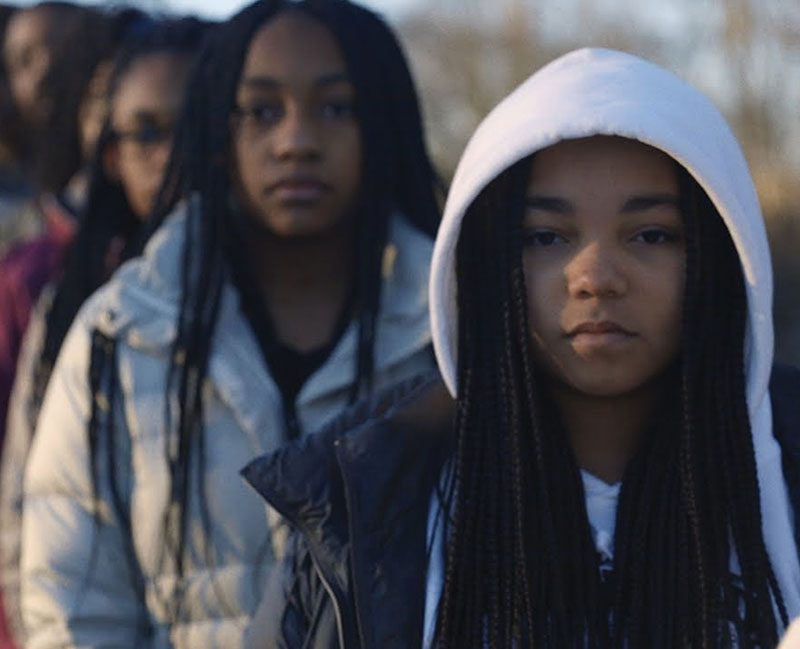
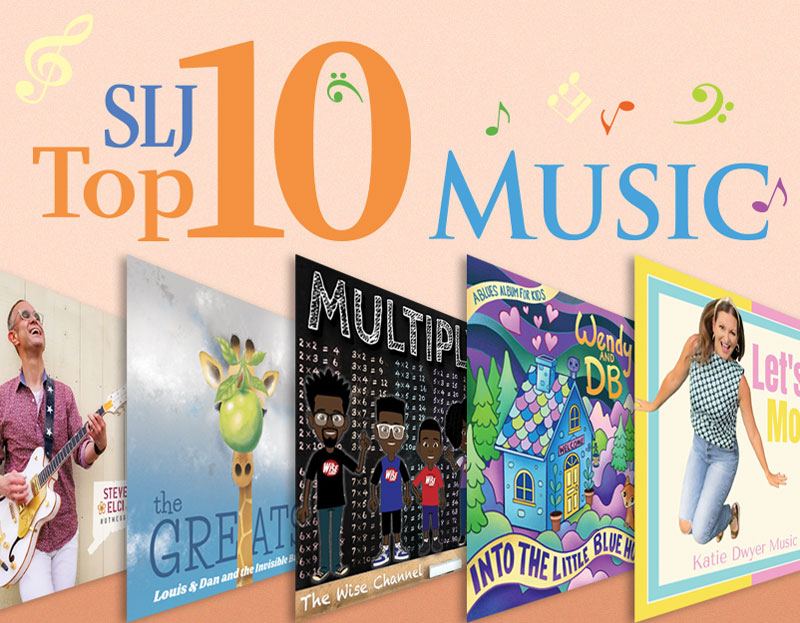
I sort of get this weird chill of distaste every time I see the word ‘kidlit’, but at the same time, I can understand and appreciate its use in a cheeky, winkish sort of way. ‘kidlit drinks nite’ is definitely better than Evening Refreshment and Literature Circle or whatever. 🙂
I feel like #bfyr will only make sense to those already in the realms of publishing or librarianship. I am not sure that the casual reader, blogger or other enthusiastic newbie would have the first clue what #bfyr means, and so you’d lose a swath of people who might contribute.
Actually, I LOVE the name Literary Youth Drinking Engagements — though grammatically, doesn’t that mean we are literary youth who are drinking, rather than persons of various ages who drink and discuss literature for the youth?
Good point, Cheryl. Hrm. Lessee. If we switch it up again it could be Literary Drinking Engagements for the Young . . . but that sounds like we’re a benefit drinking for the youth. Most unpleasant. Or Drinking Engagements of the Literature for Youth. But then it sounds like the books are the ones gathering in a bar.
Ah, skip it. Kidlit Drink Night it remains.
I used to tell my students at Smith College there were three ways to flunk my course: 1. Not do the readings 2. not hand in the assignments and 3. Call the course in my hearing or in a paper Kidlit or kiddylit which was something a cat uses in a corner.
I still stand by that.
There are enough people demeaning literature for childrenas it is. I don’t want to be party to adding to it.
Jane
Betsy, I was aware of the derogatory associations with “kidlit” and so I’ve never been entirely comfortable with the hashtag. And for that reason I will be using #bfyr, as Anastasia suggested.
However, I think this is a good point: “I am not sure that the casual reader, blogger or other enthusiastic newbie would have the first clue what #bfyr means, and so you’d lose a swath of people who might contribute.” For me, in most cases, that won’t be my audience, and so that’s not a problem. For others, and for me some times, that might be the intended audience, and so #kidlit might be appropriate.
What I am going to try to avoid doing is to to use BOTH in the same tweet–tweets that use multiple hashtags along with a vague couple of words and a link get up my nose, as in many cases (not all) this is done in an effort to get people to click the come to a blog post that’s not actually directly related to all of those hashtags.
Sigh. Could y’all had had this discussion before I named my blog three years ago? (booksellers mostly don’t seem to know this) (not blaming you) (can’t change name now) (sigh)
I don’t care what we call it but I have to take issue with the quoted rant about the lack of respect for children’s literature in academia. Sure, there is prejudice, but it’s a LOT better than it used to be, and people concentrating on children’s books receive PhDs from English departments regularly. By saying that the academy belittles children’s lit. is to dismiss the work of a lot of people who worked from the 1960s onward to change this.
I remain a staunch proponent of holding books for children in the highest esteem. “Cute Little Booky-Wookie-Wuzzles” remains my term of choice. Joking! I say we go with children’s lit, children’s literature, or children’s books. I find it interesting that the mainstream media never seems to use the terms kidlit or kiddie Lit. When they do report on the topic, it’s usually something like “In important publishing news, Jay Leno has written a children’s book”, or “The Today Show will not be interviewing the winners of the biggest awards in children’s literature because Snooki is more important/cooler.” I think I’m with Jane on this one.
I’m thinking… if we HAVE to alter it… we could still make it sound good on a drink night…
YALit has a nice southern ring to it and I assume calls for mint juleps or something.
ChiLit makes me want to head to a tea-bar for my drinks night.
MiGLit… for those middle grade folks… don’t know what kind of drinks it calls for… but probably lots.
Not having been in academic circles involving literature, I was unaware until now that there were/are negative connotations with “kidlit”. Call that blissfully unaware since I just launched my new blog where children = kids, literature = lit. Children’s literature is one of the strongest segments in today’s market, is it not? I’d like to think that we could take back the term and be proud to be associated with it.
I should start off by saying that my background is more in YA lit. than anything else, but I’ve heard “kidlit” a bunch of times used in both a positive and negative context. As a librarian, the term has never bothered me. Like Betsy says, I kind of like using it as a succinct shorthand when talking about the genre. I often get criticism for not reading “real” books because they are marketed to or might appeal to teenagers, so I understand where kitlit-ers are coming from. Still, I think some people are just going to not like or not understand what they are not going to like or not understand. I think there’s a certain power in taking back words and co-opting them for use by the people they are used against. So, I say “kidlit” all the way.
I was once having a passionate discussion about literature with my sister-in-law (who worked for Storyopolis in L.A. at the time), and my husband’s academic colleague and friend joined in. After about three minutes he interrupted in his booming South African voice, saying, “Hold on! Are we talking about books for kiddies?” and promptly left the discussion. What a dope; we were two serious people devoting our lives to books for kiddies!
I’m pretty comfortable with the term “kidlit”, despite occasionally traveling in academic circles. I enjoy reading kid lit at least as much as I enjoy adult lit. As far as I can tell, it isn’t what you call it but the tone you use. I’m old enough to recall a time when “feminists” were considered fringe fanatics. The word was used either dismissively or negatively. The tone when using that word has changed significantly over the last 40 years. I was proud to be a feminist then & I’m proud to be a feminist now. Unlike my mother, I could apply for a mortgage without a man countersigning it among other things. Many young women are not aware that this wasn’t always a right. I agree Betsy…it’s important to understand the history of the language we use, but we are a community of users who have done much to change the cultural perception, not just of the word, but of the body of work it represents. First and foremost I call myself an author. My chosen specialty is writing for children. It’s a rich & rewarding career, and I doubt that the doctors or lawyers I meet occasionally at parties are any more capable of writing a children’s book than I am of performing surgery or defending a client in court.
I would imagine those that play the sport of curling probably have a similar experience of being treated with something less than respect and closer to an amused tolerance by other athletes. However, they remain focused on the sport they love and those who play it well are respected in their “curling” world. We know that the contributions we make to the world of literature extend beyond the printed and electronic page. They impact and shape the lives of our future adults as certainly as their own parents do. Whether it be through a literary novel or one about werewolves, what we write resonates through our country. We show respect to the best within our field in many ways. Just like you might not expect a professional football player to respect the sport of curling, we might not want to hold our breath for the other branches within the field of literature to respect ours.
But we know…we know.
I guess I was lucky. I went to college in the late 80s/early 90s and was a full on Lit. major but I did independent projects on “Children’s Literature” and an entire course just on Alice in Wonderland. It was a great experience and I guess I just had enlightened professors because I never heard anyone pooh-pooh those projects.
I must say, I don’t actually think “Kidlitosphere” rolls off the tongue, but then I’m still getting over the word “blog” so what are you going to do?
Great post, grreat comments. Thanks.
The main practical difference between “kidlit” and “bfyr” seems to be that the first is easily understood by both participants and outsiders, though it may bring unwelcome connotations. The latter is entirely opaque, and therefore fulfills one function of jargon, to define insiders and exclude outsiders. But that’s not a function I support.
This makes me think back to an interview I heard the other day of Ralph Keyes, the author of “Euphemania: Our Love Affair with Euphemisms”. The interview and book discuss how certain words, over the course of history, swing from accepted euphemism to its opposite – insult – and back again.
I’m thinking “kidlit” is along the same lines, and I agree with those commenters who suggested it’s not the term, but the context in how its used. Or maybe it’s simply one of those things where “it’s okay that WE use it, but it’s insulting coming from anyone outside the children’s lit community”?
What J.L. Bell said.
I went to a meeting recently (totally non-er, child-book related) and could not keep up with the acronyms, which seemed to mean a lot to the speaker and nothin’ to most of the audience.
I have to say I don’t think that being “entirely opaque” is necessarily a problem for a hashtag. Hashtags have different purposes–both #amwriting and #nescbiw11 might be used by a children’s book writer, for example, in different circumstances, and with the intention of reaching different audiences.
To my mind, it’s good to have both #kidlit and #bfyr available to me. When I want to reach people interested in children’s books generally, including parents, teachers, librarians, writers, publishing folks, etc. etc., I’ll use #kidlit. If I want to reach a smaller circle, interested in the writing and illustrating and publishing of children’s books, I’ll use #bfyr–an acronym already widely used by publishing companies to designate a children’s publishing division or imprint.
There is a difference between formal, respectful speech and colloquial, familiar speech. When speaking and writing professionally, one avoids slang, which the word kid is, of course. You don’t hear doctors talking to patients about having cancer of the boobies, jugs, etc. Or, “Sorry, dude, you got cancer in the balls.”
At my school (N-12), admittedly associated with a major university, one tends not to refer to our students as “kids” in serious professional communications. It is not a rule, or something we talk about or even think about consciously. It is just being respectful of our students and ourselves.
“Kidlit” is just to facile. It should be classed with Betsy Hearne’s famous Words That May Not Be Used In Reviews, such as “sweet” and “charming.” In a profession that cares so much about the power of words, we should be thoughtful about how we label ourselves and what we do. Let’s resist the urge to go with the quick quip.
if
aaarrrggghhh. Make that “too facile.”
I never used to use the term “Kidlit” — Until I went to KidlitCon09 and became more familiar with the Kidlitosphere. Now I’m part of a great book club that only discusses children’s and YA literature. We’re called the DC Kidlit Book Club. The term is used with pride.
When I went to ALA one week after I lost my job as a librarian, I was delighted to make connections with not only librarians, but also bloggers and publishers and writers. The simplest, quickest way to talk about it was connections in the “kidlit world.”
I think it makes a nice shorthand when used with pride! Of course, “kiddie lit” sounds frightfully derogatory to me. But Kidlitosphere, KidlitCon, Kidlit Drink Night, Kidlit Book Club – those all seem like good uses of the term.
Like Irene said above, “kidlit” is hardly a term you would use in an academic paper. But it goes the other way too: when you’re talking to ordinary people– friends, library patrons, whatever– are you really going to say “children’s literature” every time? It sounds not respectful as much as pretentious. I do not see anything wrong with “kidlit” in informal speech and writing/blogging. Words that were once considered the PC term always seem to end up becoming derogatory a few decades later, so trying to use a different term won’t help children’s literature gain respect. The people who say “kidlit” in a derogatory way will speak derogatorily about it no matter what terms anyone uses, so we, those who DO love, um, kidlit, might as well just embrace it as we embrace loving the books in the first place.
Aaaah, but just how informal is blogging, when people all around the country–and beyond–read blogs, listservs, etc. as part of their professional development? I think “informality” is in flux.
if
I’m not involved in academia, but I’ve never encountered anybody who looked down on children’s books. Everybody I talk to loves children’s books. I think no matter what term is used, the important thing is to keep talking, writing, tweeting, posting, and blogging about children’s books. People want book recommendations to read to their kids. (Or to read themselves!)
What an interesting discussion! As a bookseller in a large general bookstore, I don’t answer the phone with “Kids’ Department” but “Children’s Department.” And I often have discussions with customers from the world of academia, so I always use the term “Children’s lit,” or more simply, “Children’s books.”
As a BLOGGER, however, I’m a proud member of the Kidlitosphere. And it never bothered me in the least. Kidlit has a nice ring to it. (“Kiddielit,” on the other hand, just sounds demeaning.) Remember that most kidlit bloggers are much younger than I am. This is a generation that now uses the word “def” to mean “definitely” and “K” for “okay.” They shorten everything. So I believe “kidlit” is here to stay, even if some of you refuse to use it.